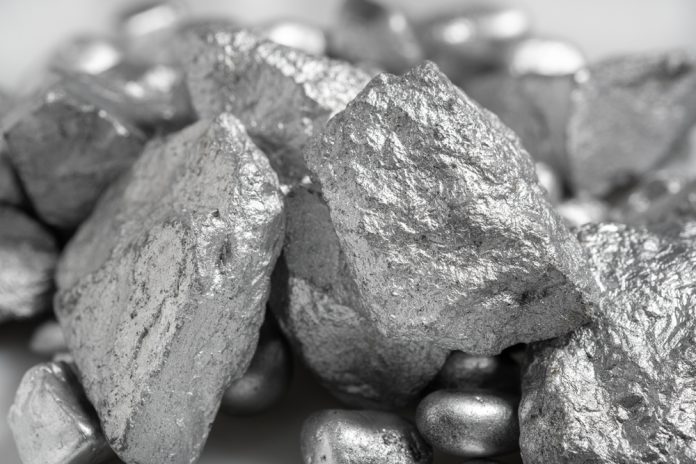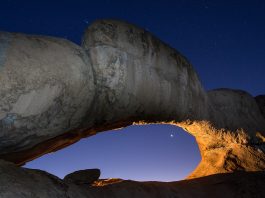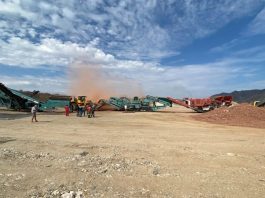Namibia Critical Metals Inc. has signed a non-binding, non-exclusive Memorandum of Understanding with Copenhagen Atomics A/S to sell thorium produced from the Lofdal Heavy Rare Earth Project.
In a significant development for the thorium market, NCMI and CA have signed a Memorandum of Understanding (MoU) that lays the groundwork for a binding commercial offtake agreement for thorium sourced from the Lofdal Project.
This collaboration marks a strategic move to harness the full potential of the Lofdal Project, which is expected to produce approximately 100 tonnes of thorium oxide annually at full capacity.
Detailed conditional purchase order
The MoU serves as a framework for both parties to negotiate the specifics of the offtake agreement. This includes outlining a conditional purchase order, detailing the quantity, delivery date, and quality of the thorium.
CA is expected to submit this order to NCMI before January 2025, marking a critical step towards finalising the commercial terms of the supply arrangement.
Transformation of thorium into a valuable revenue stream
One of the notable aspects of this agreement is the transformation of thorium, a waste product, into a valuable revenue stream for NCMI.
By capitalising on the byproduct of its operations, NCMI stands to enhance its financial performance and sustainability initiatives.
The MoU will be effective for 12 months from the date of signing unless terminated by written notice by either party.
Darrin Campbell, President of Namibia Critical Metals, stated: “We are very pleased to provide this opportunity to our shareholders and JOGMEC partner to provide a new potential revenue stream from a radioactive product that was planned to be put back into tailings.”
About Namibia Critical Metals Inc.
NCMI is developing the Tier-1 Heavy Rare Earth Project at Lofdal, a globally significant deposit of dysprosium and terbium.
These critical metals are in high demand for their use in permanent magnets for electric vehicles, wind turbines, and other electronics, driven by innovations in energy and technology.
Geopolitical risks associated with sourcing these metals have become a major concern for manufacturers and end users.
Namibia, a proven and stable mining jurisdiction, hosts the fully permitted Lofdal Project, which operates under a 25-year Mining License and is managed through a Joint Venture agreement with the Japan Organization for Metals and Energy Security (JOGMEC).









